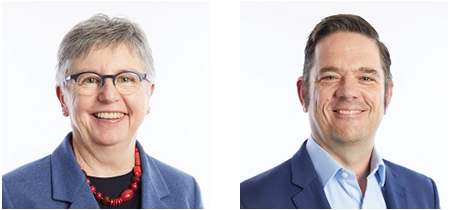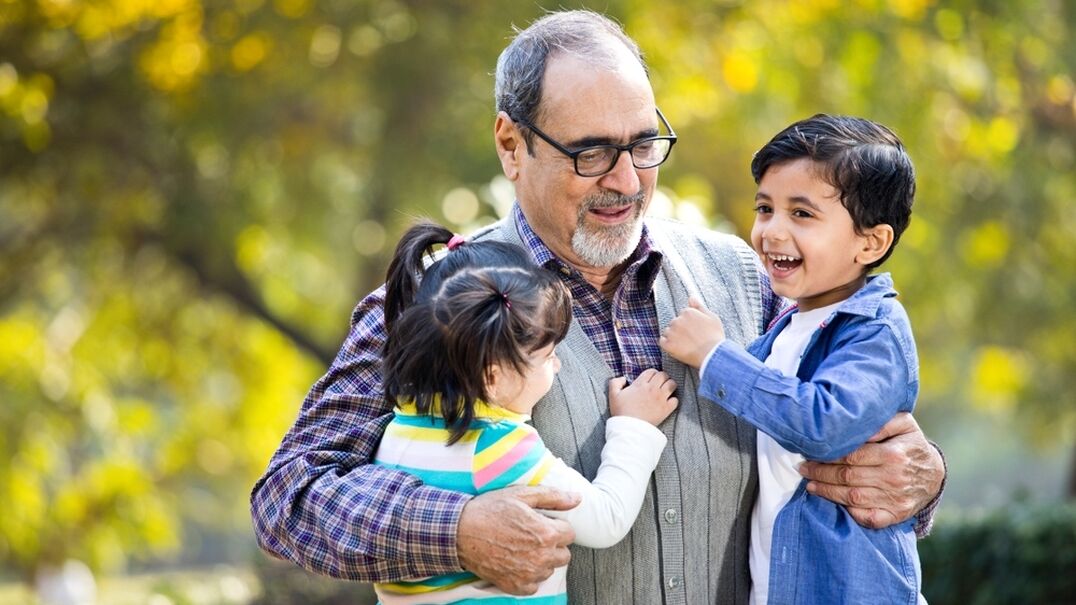It’s been a year like never before. One that has —in so many complex ways —demonstrated the constancy of change, as well as how rapid change can so brightly shine a light on existing inequality. A time when we’re confronted to see the reality of what lies before us and work through some of the most challenging times in our lives.
At the same time — amongst the very real upheaval of the COVID-19 pandemic and the effects it will continue to have on children, young people, families, and societies the world over — there are glimmers of hope. We’ve been presented with a time potentially like never before, when all is laid bare, to challenge ourselves and reimagine how we can work together to courageously change lives and shape a new future. This includes a future where — as we believe at Berry Street — children, young people and families are safe, thriving and hopeful.
We believe one of the keys to tackling inequity lies in the hopes, capabilities and lived expertise of young people. But also, that we need to move beyond just listening to young people, and instead meaningfully empower them to take action and effect genuine change. So, here we share extracts from a conversation led by Berry Street’s Y-Change team with the two of us (Berry Street President, Dr Joanna Flynn AM and CEO, Michael Perusco).
The Y-Change team are young people with a lived experience of socioeconomic disadvantage who contribute their expertise as consultants across the sector, including advising senior management on service design and delivery. The team is at the forefront of change, so we believe there’s no better place to start than with the conversations they’re leading.
Crisis. Change. Inequity. Opportunity. Hope.
Never have these been more important to consider honestly and openly. Because it’s clearly no longer about whether we should change and if it’s possible. We must change, and it is possible.
We’re on the right track. Conversations are being ignited across organisations and across the world. But it’s now about how we drive the changes that need to happen, and how we do that with respect and courage.
Because our future depends on it.
Thank you to all of you who help us do this.

In conversation…
How has COVID-19 and the global uprisings, such as Black Lives Matter and Aboriginal Lives Matter affected you personally and professionally, and what are they making you reflect on?
Michael Perusco (CEO): It certainly has forced all of us to significantly change the way we work and live. Most alarmingly, it’s also highlighted the existing inequalities in communities across the world. It highlights that those who are already doing it tough are those that are most impacted.
These movements have also caused me to reflect on the responsibility I have as an individual — and we have as an organisation — to speak up against racism. In our work in particular, to speak directly about issues like the over-representation of Aboriginal children and young people in the out-of-home and child protection systems, which is clearly an outcome of structural racism. It’s also enabled us to lead a more open communication process at Berry Street and how we ensure we have no tolerance for racism.
We also know the lockdown measures in Victoria have led to an increase in family violence, and that there are fewer eyes on the children and young people who might be going through difficult times. And we know that has consequences that will be felt for some time to come.
Jo Flynn (President): I agree, and I think it’s been fantastic that people in Australia have called it out, and cautioned against people thinking this is something that’s happening on the other side of the world. It’s not. It’s a very present reality here too. I think the coalescence of that and COVID is that hopefully it will make people question their assumptions and privilege and think about the world in a different way.
What worries you most about how everything this year might be impacting on young people?
Michael: I’m worried about young people losing connection with each other and with their families. That they’re spending more time alone during a period, developmentally, when they would be most likely to benefit from the exact opposite. I’m also worried about children and young people missing out on education, as well as the economy and the impact it’s going to have on young people’s employment opportunities.
Most of all, I’m worried about how all of this is going to impact on children and young people who are already doing it tough, because they’re the ones who are going to suffer the most. We have to acknowledge this reality and, as a community, put pressure on governments to invest in work opportunities, invest in bridging that education gap and invest in keeping families together safely.
Jo: Yes. Part of the issue is the toll on children and young peoples’ mental health due to the lack of social connection, routine and normality, and potentially living in a household where people are getting increasingly stressed — on top of perhaps already being anxious about COVID and what it means for the health of their families.
Add to that the fact that many parents have lost their employment and income, and there are potentially tremendous impacts that could last generations.
What does reimagining the service system mean to you, and how does COVID change the way we need to approach this challenge?
Jo: The first part of reimagining the system is to acknowledge the flaws in the current system, and Berry Street has done that consistently. And then to think about what would make it better. This is where we have to be intellectually honest and rigorous, because there is some evidence about things that help children and young people’s outcomes, but there are many things that historically people have done with good intention, but didn’t actually know if they would work or not.
We believe strongly that supporting children and young people to stay with their families is critical. However, currently, things may already get to a fairly parlous state before those children’s experiences come under scrutiny.
So this means that often, there’s a significant period where nothing happens — a time in which, if a family was supported and helped to learn different ways of relating to their children, and those children were supported — we could keep that family intact and build a stronger foundation. So that’s why we’re focused on trying to intervene early, before things get to a stage where it’s necessary to remove the child so that they’re in out-of-home care.
We also know that within the care setting for the child — whether foster care, kinship care or residential care — there are better ways of doing it. There are systems and processes we are keen to introduce and ensure they continue to be evaluated, so that we can build an increasingly compelling case about which things work and how to provide support for young people and families. In turn, this will provide a stronger society and have so many flow-on benefits.
Michael: The only thing I’d add is that the number of children in care has doubled in the last 5 years — and it’s on track to double again in the next 5 years. That is a shocking potential scenario, and we have to change it.
We have to do this better.
And there are a range of ways we can reimagine the service system, but at the moment, the key one for us is ensuring that the system points towards early intervention.



